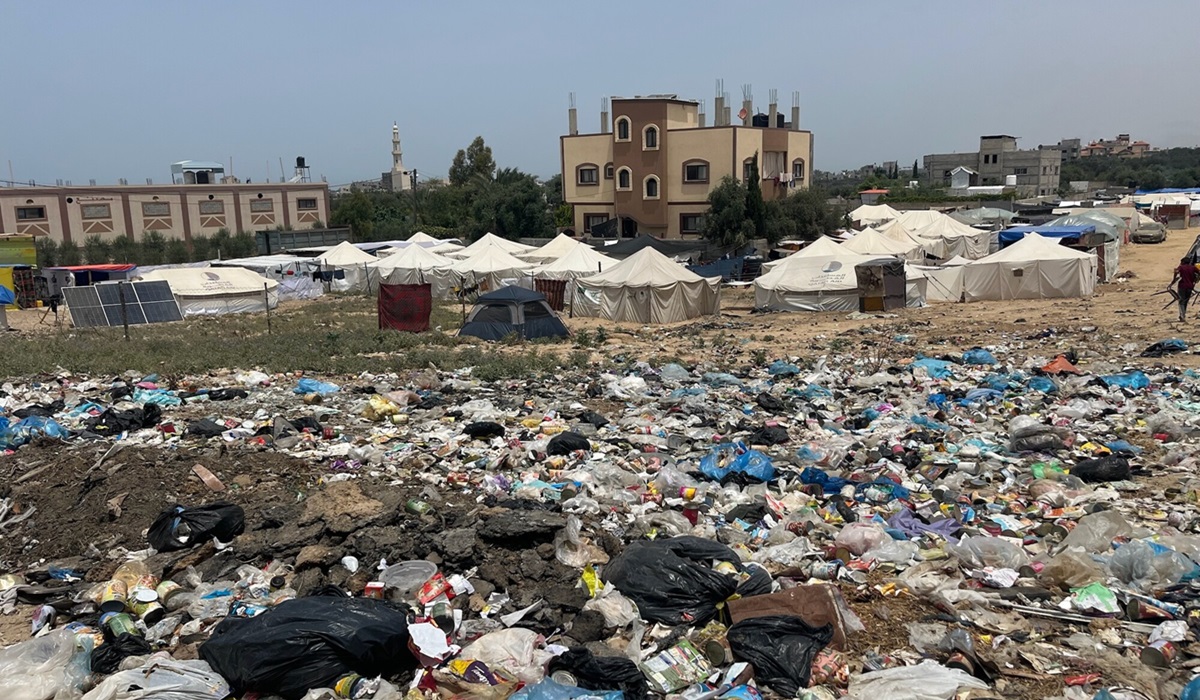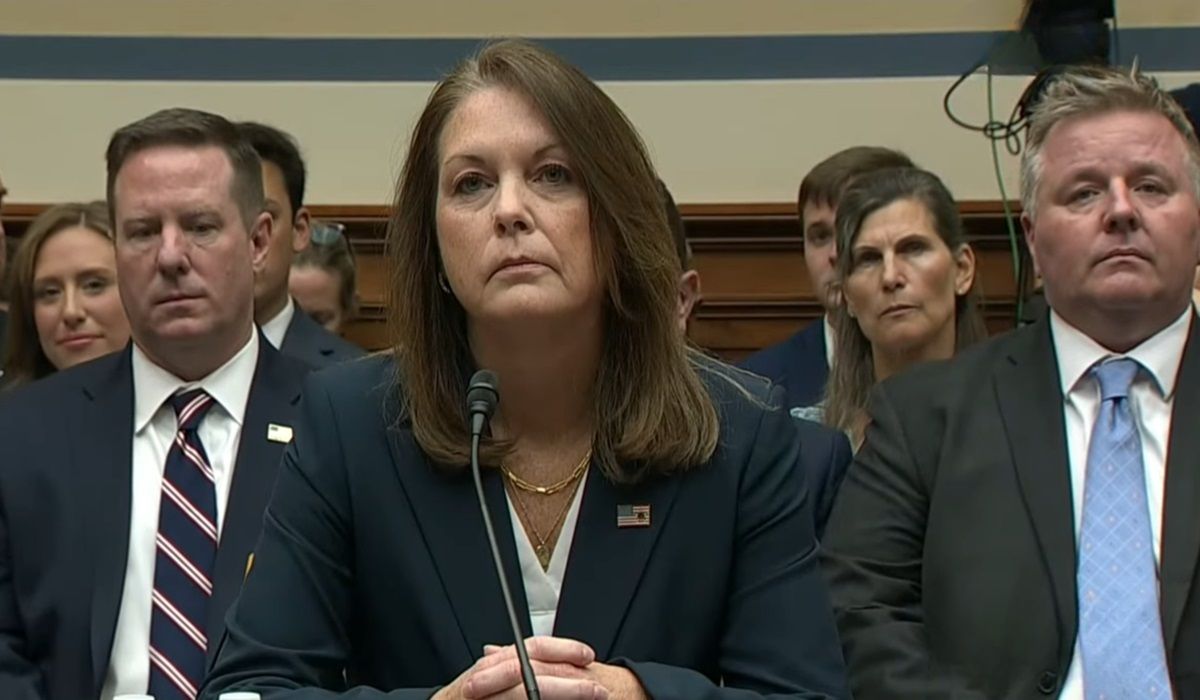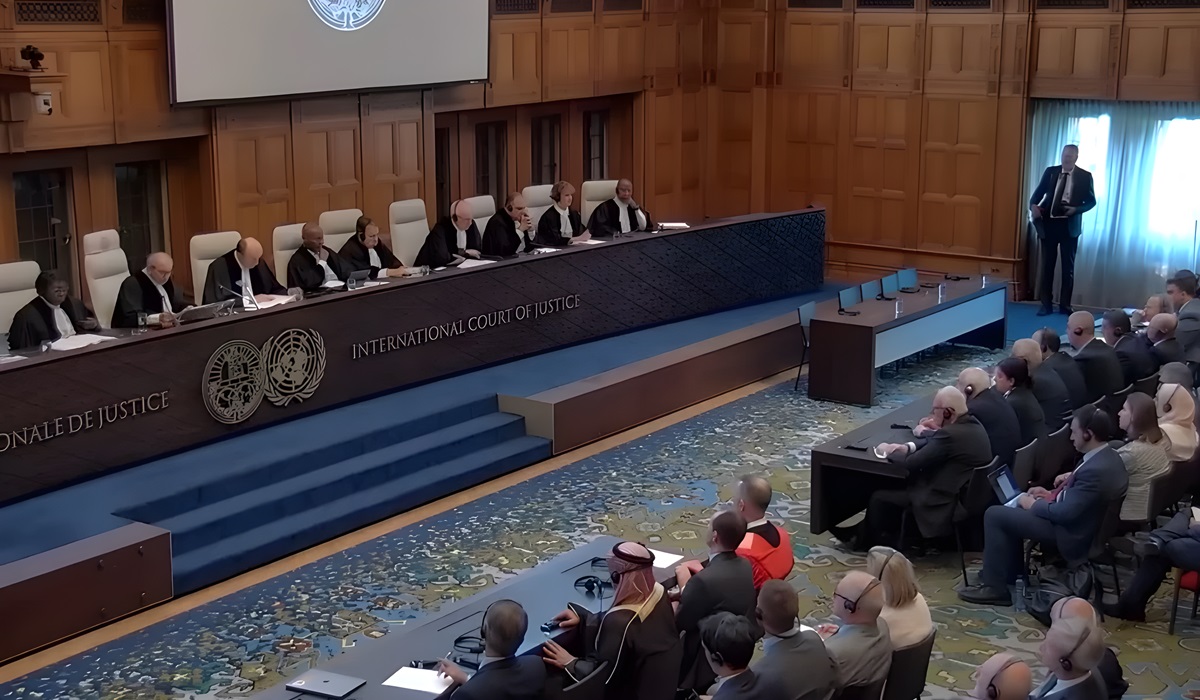Yemen Joins the Fray: War in the Middle East Intensifies Amid Netanyahu’s Speech
- TDS News
- Breaking News
- October 31, 2023

The ongoing conflict in Gaza and Israeli Prime Minister Benjamin Netanyahu’s recent speech have raised significant concerns about the situation. However, today’s development adds a new layer of complexity to the Middle East crisis. Yemen has officially declared its involvement in the war against Israel, further fueling the already humanitarian catastrophe in the region. This declaration has brought the United States into the fray with direct military intervention against Yemen. The key question now is the nature of this intervention—will it involve boots on the ground or a deployment from the US Navy or Air Force?
Today, Yemen’s official declaration to join the conflict is already facing a catastrophic humanitarian situation. The ongoing tensions in the region have been a matter of concern, but with Yemen’s entry into the battle, the stakes have risen dramatically.
Adding to the complexities of the Middle East conflict, Israeli Prime Minister Benjamin Netanyahu delivered a speech that has drawn attention worldwide. In his speech, delivered in English, Netanyahu emphasized that there would be no ceasefire until Hamas and other perceived threats to Israel were completely defeated. He drew parallels to historical events, invoking the responses to Pearl Harbor and the 9/11 attacks, justifying Israel’s stance.
However, historical context suggests that such responses have often led to prolonged conflicts with deadly humanitarian consequences, especially concerning civilian casualties. He essentially argued that if the United States did not hesitate to respond when it faced terrorist attacks, why should Israel do any differently when dealing with threats from Hamas?
It’s essential to examine these comparisons in more detail. When Japan attacked Pearl Harbor in 1941, it led to the United States’ entry into World War II. Ultimately, the United States emerged victorious in that war, but it was a prolonged and costly conflict. The use of atomic bombs in Hiroshima and Nagasaki killed approximately 250,000 men, women and children, which remains a highly contentious and tragic chapter in history, leading to millions injured physically and psychologically.
Similarly, the U.S. response to the 9/11 attacks included the invasion of Afghanistan, which resulted in civilian casualties and a long, ongoing conflict. According to The United States Institution for Peace, the conflict in Afghanistan resulted in a significant loss of life, with 2,324 U.S. military personnel, 3,917 U.S. contractors, and 1,144 allied troops among the casualties. Afghan losses are even more staggering: around 70,000 Afghan military and police, 46,319 civilians (possibly more), and approximately 53,000 opposition fighters. Additionally, nearly 67,000 people lost their lives in Pakistan due to the conflict.
The current situation is dire, with grave humanitarian concerns on both sides. Innocent civilians are suffering, with some held hostage, and families are left in agonizing uncertainty about their loved ones’ safety. On the other side, in Gaza, nearly 1 million people have been displaced due to the ongoing conflict. Hamas rockets continue to be fired into Israel, while over 600 targets have been struck by Israeli missiles, with thousands of children among the casualties. The Palestinian population has been subjected to severe shortages of necessities, including food, water, electricity, and fuel.
Strong leadership is imperative for all sides involved in the conflict. Leaders must prioritize the safety and security of their citizens over political considerations and be willing to make concessions for the greater good. Those responsible for perpetuating this cycle of violence should be held accountable, and the international community must play a role in facilitating a peaceful resolution and ensuring the well-being of the affected populations.
As the conflict persists, it is crucial to acknowledge the broader implications of the ongoing violence. The international community, particularly Western nations, reluctant to call for a ceasefire. The United States, Canada, Germany and Britian have pledged unwavering support to Israel, other parts of the world call for an immediate ceasefire and the establishment of a two-state solution. This divergence in global opinion underscores the intricate dynamics surrounding the Israel-Yemen conflict. Notable exception, Ireland and Spain have forcefully condemned Israels attack on the Palestinians, and want Prime Minister Netanyahu charge with war crimes for genocide. “Civilians in Gaza must not be the target of collective punishment, ceasefire has gained greater urgency amid the intensification of Israel’s lethal military offensive into the besieged enclave.” Said, The United Nations
The entry of Yemen into the conflict has escalated an already volatile situation, with the United States inserting itself into the Middle East crisis. They have already unofficially joined the conflict in the Middle East but with a military intervention against Yemen. The exact nature of this intervention remains uncertain, but what is clear is that the stakes are higher than ever. Will it involve ground troops, or will it primarily rely on the capabilities of the US Navy or Air Force? The path toward lasting peace and reconciliation in the region becomes increasingly complex, with no easy solutions.
Netanyahu’s speech serves as a reminder of the challenges and consequences of decisive military actions in the face of threats, mainly when it involves international conflicts. The parallels drawn to historical events underscore the importance of considering the long-term implications and the toll on civilian populations.
The world watches with growing concern as this multifaceted crisis unfolds, hoping for a resolution prioritizing the safety and wellbeing of all affected parties while preserving the broader peace in the Middle East. The international community must navigate the complexities of a divided stance on the matter, and leaders on all sides must make difficult decisions to put an end to the cycle of violence and suffering.
It is essential to recognize the diverse perspectives within both Israeli and Palestinian societies. Not all citizens support the actions of their respective governments, and many individuals yearn for peace and an end to the cycle of violence. The voices of these individuals, who seek coexistence and cooperation, should be encouraged and empowered.








